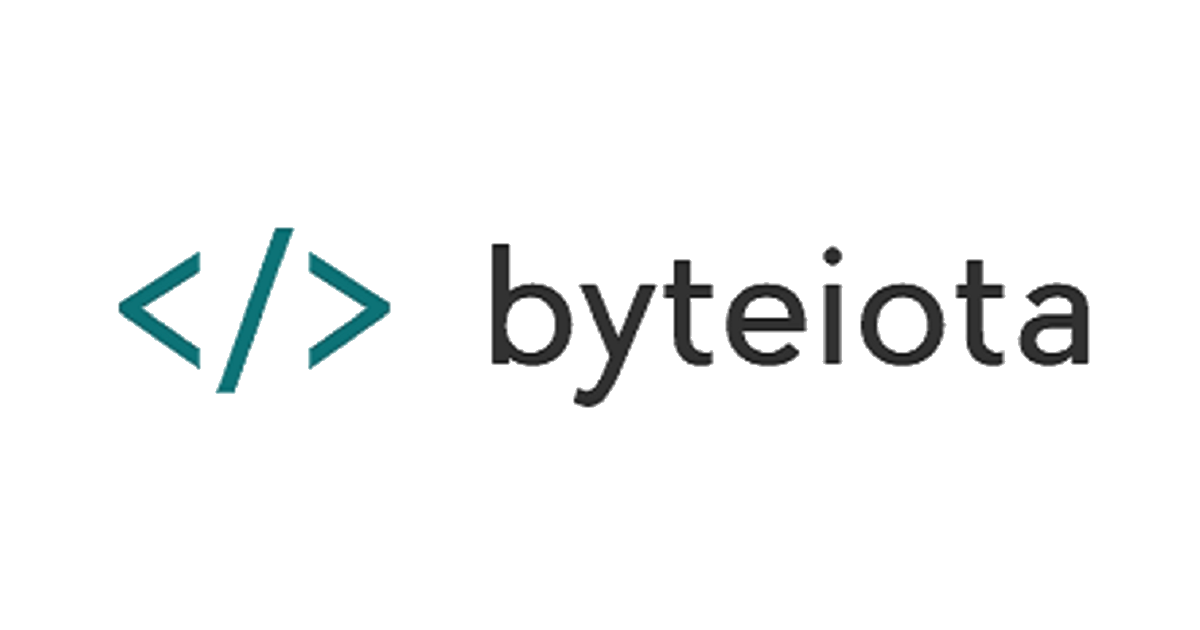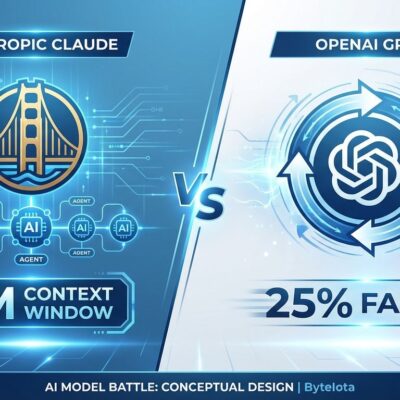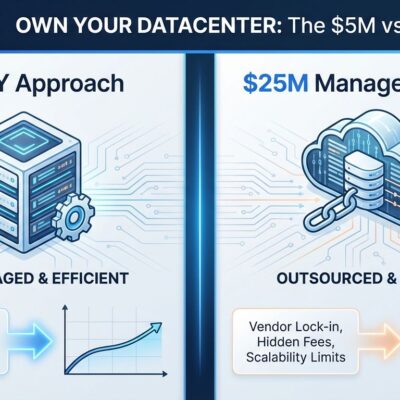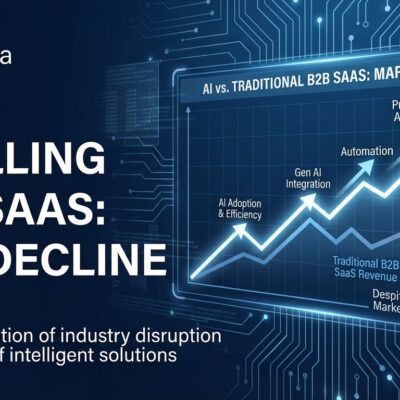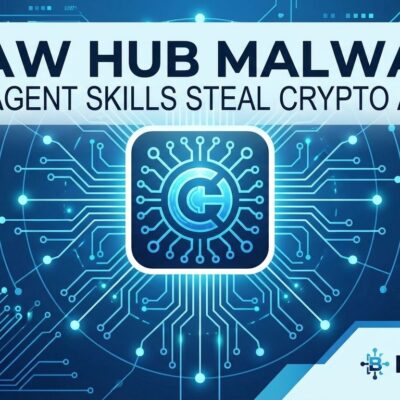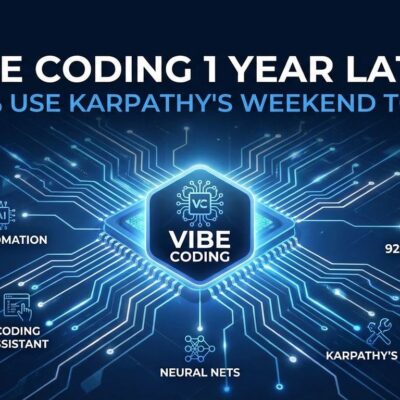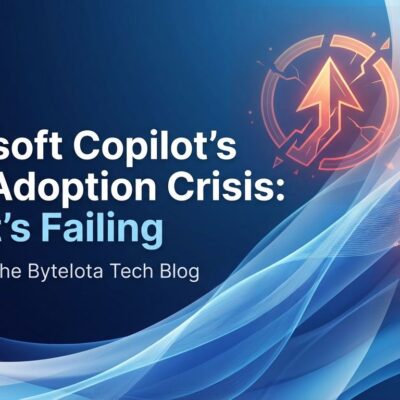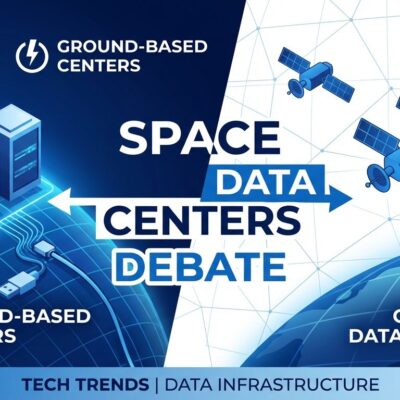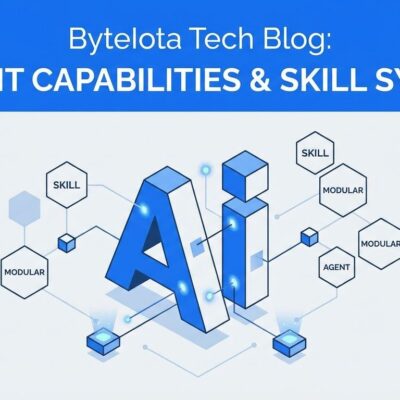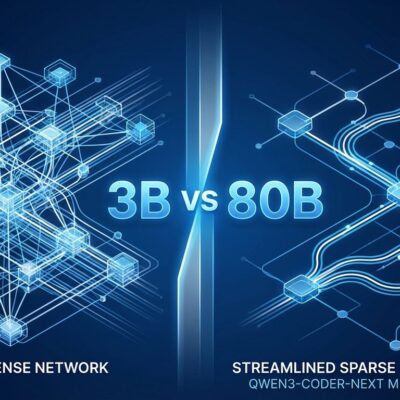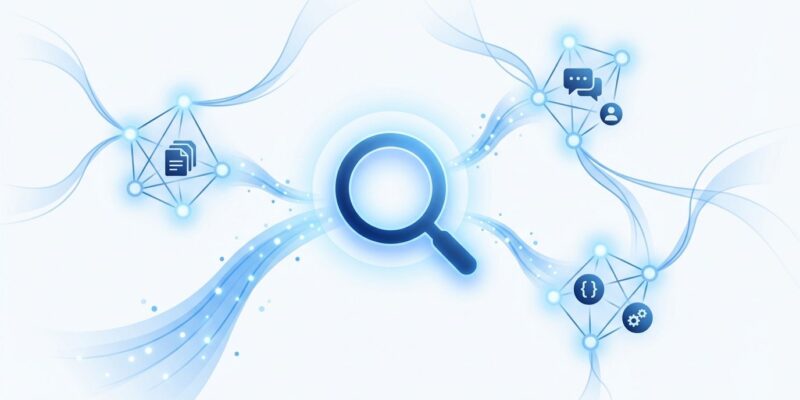
Salesforce just dropped $100 million on Doti, a one-year-old Israeli AI startup. That’s its eighth acquisition this year—following Spindle AI just last week. At this pace, Salesforce is buying AI capabilities faster than most companies can build them.
The deal, announced November 13, brings “agentic search” to Slack. But this isn’t just semantic search with a rebranding. Doti’s AI agents use multi-step reasoning to retrieve enterprise data autonomously, acting on information rather than just surfacing documents. The question is whether Salesforce can integrate eight disparate acquisitions into a cohesive platform—or if Agentforce will feel like a Frankenstein of bolt-on startups.
What Doti Actually Does
Doti solves a problem every developer knows: hunting through Slack history, JIRA tickets, GitHub repos, Confluence docs, and Datadog logs to find one piece of information. Its platform integrates with enterprise tools and lets AI agents retrieve answers in real time.
The differentiator is “agentic” search. Traditional enterprise search returns lists of documents. Semantic search synthesizes answers using vector embeddings. Agentic search goes further: AI agents break queries into sub-tasks, decide which sources to query, and act on the results. Doti updates its knowledge base over 20 times daily, addressing the persistent problem of stale documentation.
Founded in 2024 by ex-Wix engineers Matan Cohen and Opher Hofshi, Doti raised a $7 million seed round in January 2025. Ten months later, Salesforce acquired it for $100 million—a 14x return that signals just how frothy the enterprise AI market has become.
Agentic Search Isn’t Just Marketing
The term “agentic search” sounds like rebranded RAG, but there’s a real technical difference. Semantic search uses LLMs to understand intent and retrieve contextually relevant results. Agentic search adds reasoning: AI agents sequence multi-step logic, dynamically select data sources, and interpret information in context.
Microsoft’s Azure documentation describes agentic retrieval as “an LLM-based agent that interprets queries and dynamically decides which sources to query and how.” It’s the difference between asking “Where’s the authentication bug?” and having an agent pull JIRA tickets, GitHub commits, Datadog errors, and Slack threads—then synthesize an answer with source attribution.
Doti’s real-time approach contrasts with competitors that rely on static indexing. Glean, the $4.6 billion market leader, connects to 100+ apps but indexes data periodically. Doti fetches live data on demand, a hybrid approach Moveworks describes as “blending the speed of indexing with the freshness of live API retrieval.”
Salesforce’s Acquisition Spree
Doti is Salesforce’s eighth acquisition in 2025. The list includes Informatica ($8 billion), Spindle AI (closed November 21), and others targeting workflow automation, process intelligence, and natural-language data access. The pattern is clear: Salesforce is building Agentforce’s backbone by acquisition, not internal development.
Informatica provides data integration. Regrello and Apromore handle workflows and process intelligence. Waii adds natural-language querying. Spindle AI brings agentic analytics. Now Doti delivers enterprise search. Slack becomes the conversational interface tying it all together—a workspace where humans and AI agents collaborate as teammates.
The strategy makes sense. Buying proven technology accelerates time to market. Doti’s team, led by founders who scaled knowledge management at Wix from 1,000 to 7,000 employees, joins Salesforce’s Israeli R&D hub. The risk is integration. Eight acquisitions in one year is aggressive. Can Salesforce unify them into a cohesive Agentforce experience? Or will customers face a disjointed patchwork of acquired tools that don’t quite fit together?
What It Means for Developers
If Doti delivers on its promise, it could save significant time. Imagine asking in Slack, “What’s blocking the payment service deployment?” and getting a synthesized answer pulling from JIRA, GitHub, Datadog, and recent Slack threads—with source links. That’s valuable during incident response or onboarding.
The concerns are real, though. Will the AI hallucinate? Will AutoPilot spam channels with wrong answers? Salesforce expects the acquisition to close in Q4 FY2026 (around February 2026). Until then, developers can only speculate about whether agentic search lives up to the hype—or if it’s just semantic search with a premium price tag.
The bigger question is whether Salesforce can integrate eight acquisitions into a platform that feels coherent. If Agentforce becomes a duct-taped collection of startups, the promise of AI-powered productivity remains just that: a promise.
